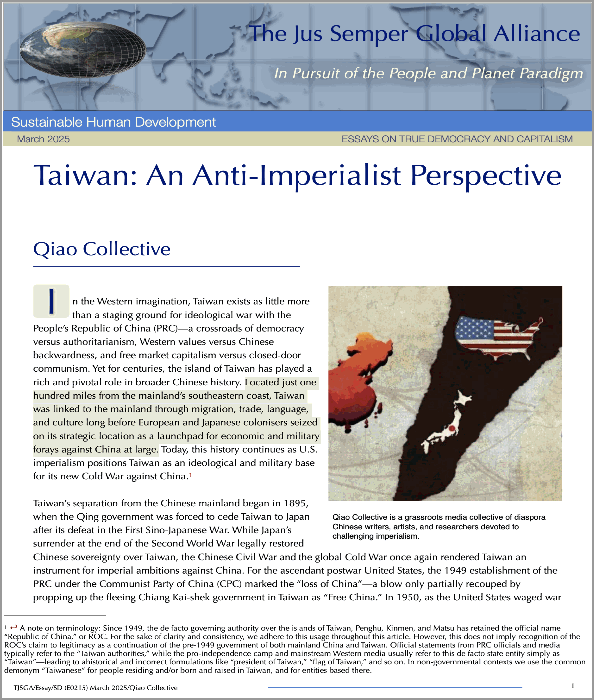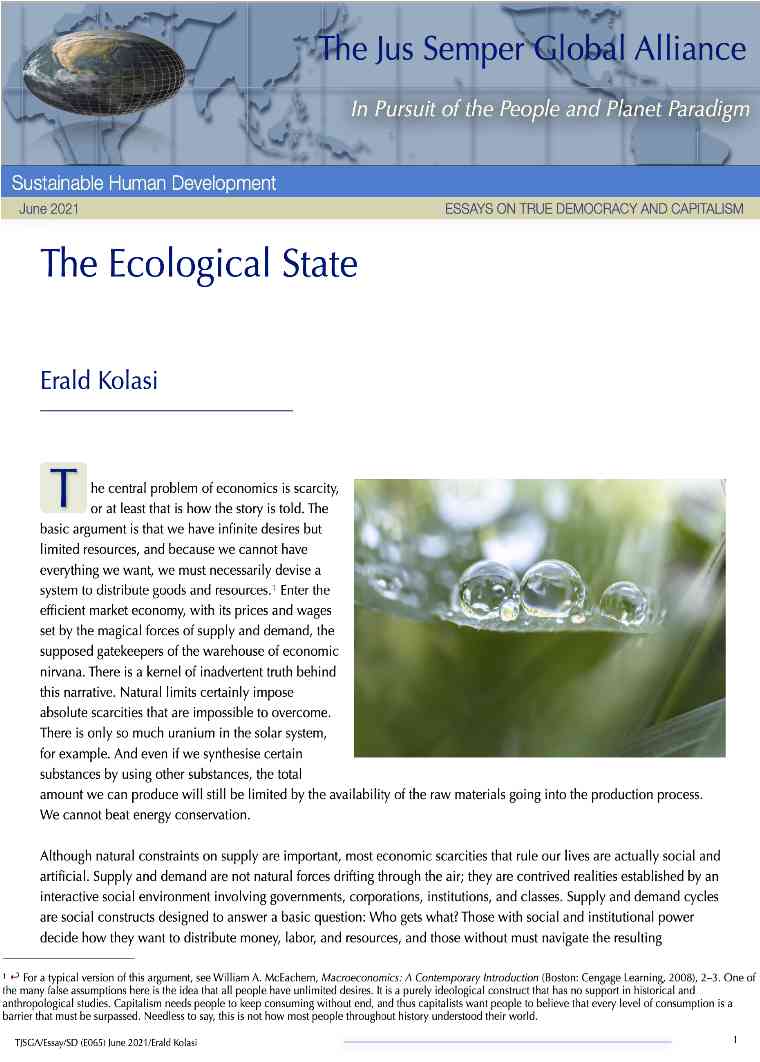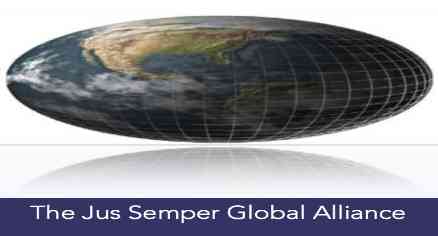Erald kolasi Although natural constraints on supply are important, most economic scarcities that rule our lives are actually social and artificial. Supply and demand are not natural forces drifting through the air; they are contrived realities established by an interactive social environment involving governments, corporations, institutions, and classes. Supply and demand cycles are social constructs designed to answer a basic question: Who gets what? Those with social and institutional power decide how they want to distribute money, labor, and resources, and those without must navigate the resulting constraints and roadblocks that have been thrown in front of them, or they can challenge the system and remove some, if not all, of the roadblocks. Especially under capitalism, artificial scarcity is an important social reality that torments the lives of billions around the world, but scarcity as a natural limiting factor in economic activity is not as fundamental as we might like to think. In that case, what is? The central problem of economics is not scarcity, but stability in the flow of goods and resources, and especially the stability of the ecozones that act as an economy’s primary energy reservoir. The primary goal of any economic system should be to ensure stability and sustainability in the face of nature’s external perturbations, which have always played a dominant role in the development of human history. The ecological crisis is largely a product of very wealthy people, countries, and corporations exploiting the planet’s resources for their economic gain.4 Capitalism depends on ecological degradation because it needs to rapidly extract vast quantities of natural resources, manufacture the corresponding products, and then commodify the resulting surplus in global exchange markets.5 Capitalists cannot quickly dial back their energy-intensive methods of production and distribution without threatening their profit rates. Because this nexus of corruption cannot be expected to clean its own filth, we must turn toward something that can. The state is the only social institution powerful enough to curb and constrain the energy-intensive economic modes of capitalism. But it is not immediately obvious how it should go about achieving this. Setting up the wrong framework could still produce additional ecological disasters. This is the central question addressed in this article: What should the role of the state be in an ecological society? For a full read of this brief, click here or on the picture to download the pdf file.
|

- © The Jus Semper Global Alliance
| Home |  | Resources |  | Economic Data |  | The Ecological State |


